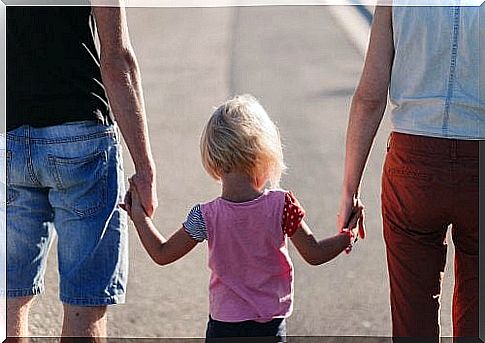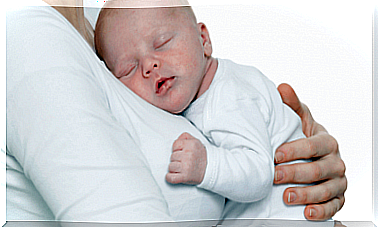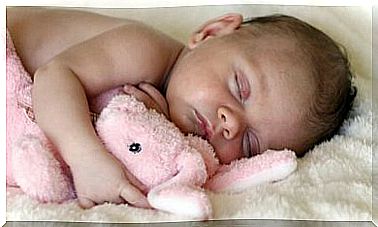How Do You Tell Your Child That He Is Adopted?

When you decide that your family wants to welcome a new member through adoption, there are many challenges to face. One of the biggest is to tell your child that he is adopted, that he did not come into your life conventionally.
That is why it is vitally important to choose properly when and how you will participate in this experience.
The way you approach the situation will depend on the perception and reaction that the child has in those moments. Naturally, you should be the person in charge of breaking the news and not waiting for you to know it from other sources.
Recommendations that you should consider to tell your child that he is adopted
- Make sure that your explanations do not go around the bush. The simpler, more direct and honest they are, the more easily your child will assimilate them.
- Explain that it was not born directly from you but you looked for it and wanted it from the first meeting.
- Tell him that his biological parents couldn’t take care of him or her. Emphasize that there is nothing wrong with it, just sometimes adverse situations force people to take those kinds of situations.

- Let him know that he will always be part of the family and that he is permanently counting on his new parents and siblings. Allow and ask him to ask the necessary questions and express his emotions. Give him precise answers and provide him with the information he asks for.
- When the situation allows it, talk to him about the form and the process that you had to go through in order to have it. That will make him understand that you loved him so much that the paperwork and waiting for him to be part of the family did not matter.
- So that you can later tell him what you know about his biological parents, try making an album. Include photos, clippings and any material about your past; show it to him and explain it to him as he grows.
- Keep in mind that at first the child can react in a calm way and then change his attitude. Everything is part of this process of assimilation of a new component of your identity.
- When it’s time to tell your child he’s adopted, be optimistic. Otherwise the child may assimilate that it is something bad that he should be ashamed of.
- Adapt the words you use to the child’s age. Over time you can add details that are understandable in their development stage.
What should you avoid?
- Avoid at all costs telling him that his parents gave up on him for love. He will begin to associate love with abandonment and may develop a fear that you will leave him too.
- Under no circumstances make negative judgments about their biological parents. Although the little one belongs to your family, part of what it is is due to the relationship with its parents. If you denigrate those who brought him into the world, you will also attack him.

- Pressuring them to take the news positively is not a good idea either. You must understand that the news of being adopted has a strong emotional charge. Accompany him and guide him respecting his rhythm and his feelings.
- Avoid being controlled by your negative emotions. In many cases, desperate attempts to protect children from reality end up with negative consequences. Before talking about adoption, make sure you have fought your fears.
- Noisy and distracting environments are inappropriate for having such a conversation with your children. Try to do it in a quiet, pleasant place and avoid distractions such as phone calls and television programs.
Adoption should not be a secret, it is actually an act of love that does not have to be taboo. All people have the right to know their origins and it does not have to be different for a child who is adopted.
Remember that when you reach a wise age, the longer you wait to tell your child that he is adopted, the more difficult it will be for both parties.










